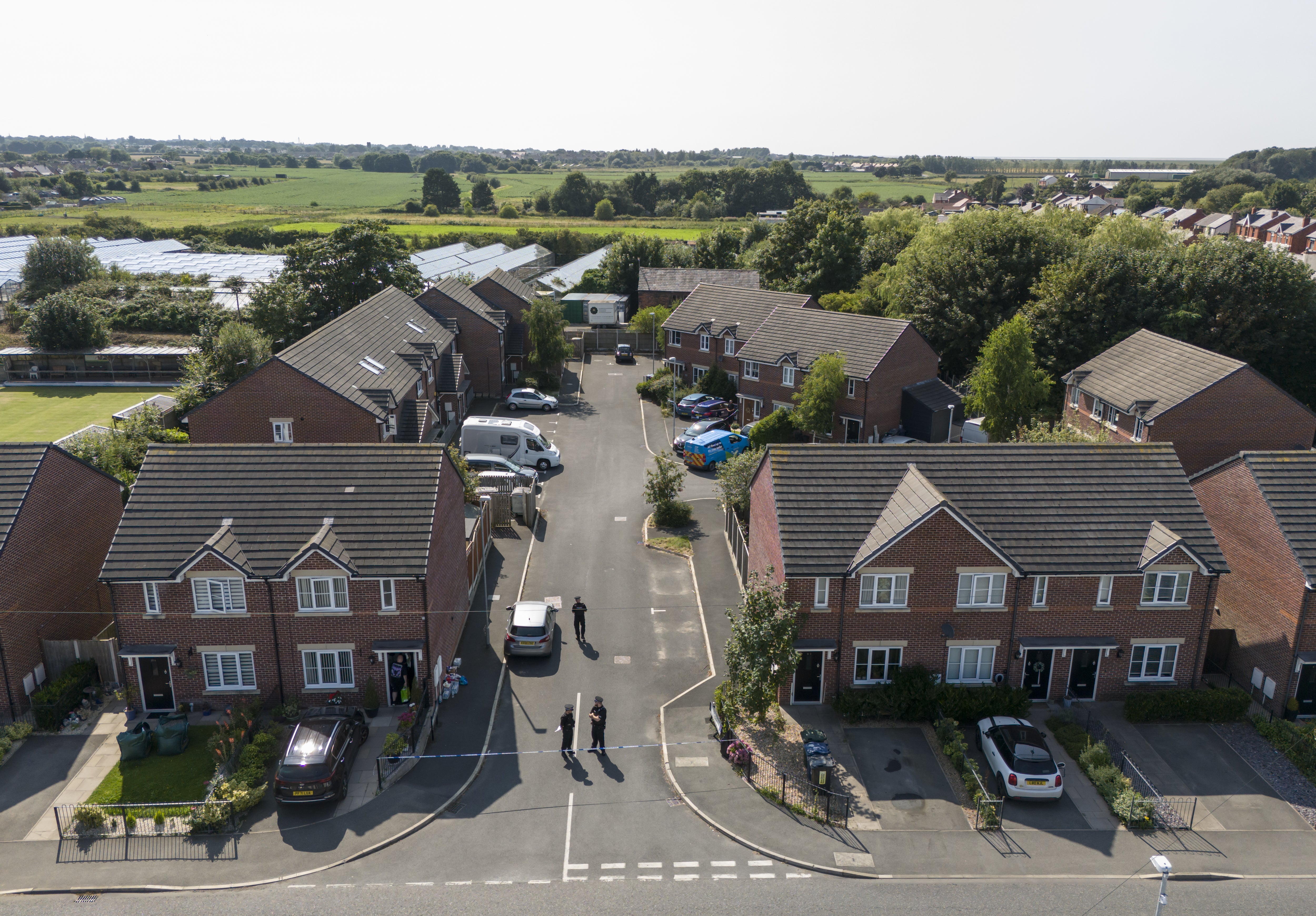Why is the Southport stabbing not being classed as a terror attack?
Police say the attack at a children’s holiday class has not been declared a terrorist attack, despite the suspect facing a terror charge

This week, a teenager accused of murdering three children in a knife attack at a Taylor Swift-themed holiday class in Southport has been charged with a terror offence and making a biological weapon.
Axel Rudakubana, 18, appeared via videolink at Westminster Magistrates’ Court on Wednesday accused of producing a biological toxin called ricin and possession of information likely to be useful to a terrorist.
Prosecutor Deanna Heer KC made an application for the new charges to be linked to others he is facing over the stabbing in Southport. He has previously been charged with three counts of murder, 10 counts of attempted murder and possession of a bladed article over the 29 July attack, which sparked widespread riots.
However, despite the new charges, police have confirmed the mass stabbing is not being treated as a terrorist attack.
In a press conference, Merseyside Police’s chief constable Serena Kennedy said this is because they do not currently believe a terrorist ideology inspired the stabbing.

The fresh charges sparked accusations of a “cover up” by Tory leadership hopeful Robert Jenrick amid questions over how long it has taken for the terror charge to be announced, as the Crown Prosecution Service and home secretary warned against speculation which could prejudice an active case.
Jenrick’s rival Kemi Badenoch said there were “serious questions” for the CPS, the police and Sir Keir Starmer to answer over their handling of the case.
But Sir Keir hit back in the Commons on Wednesday, warning MPs “can either support the police in their difficult work” investigating the Southport case or “undermine” it.
Downing Street insisted the timing of the latest charging announcement was purely a decision by the Crown Prosecution Service (CPS).

Meanwhile the government’s independent reviewer of terrorism legislation warned not every lone attack is linked to terrorism.
Jonathan Hall KC told BBC Radio 4’s Today programme the difference between a terror attack and those carried out by a lone actor can be “wafer-thin”.
“It doesn’t follow, I’m afraid, that because someone has carried out a big attack that they therefore must be advancing a cause,” he said.
Six-year-old Bebe King and seven-year-old Elsie Dot Stancombe were killed in the stabbing, while nine-year-old Alice da Silva Aguiar died from her injuries in hospital afterwards.
‘No motive’ needed for terror charge under section 58
Mr Rudakubana has been charged with an either way offence under section 58 of the Terrorism Act for possessing a military study of an Al-Qaeda training manual.
The PDF file found by police entitled “Military Studies in the Jihad Against the Tyrants: The Al-Qaeda Training Manual” is listed on Waterstones website, but is not currently available.
Under Section 58, it is an offence to possess information of a kind likely to be useful to a person committing or preparing an act of terrorism without a reasonable excuse, such as academic research or journalism.
This part of the Terrorism Act also does not require a terror motive to be established.

“At this time Counter Terrorism Policing has not declared the events of 29 July a terrorist incident,” chief constable Kennedy said on Tuesday.
“I recognise that these new charges may lead to speculation. The matter for which Axel Rudakubana has been charged under the Terrorism Act doesn’t require motive to be established.
“For a matter to be declared a terrorist motivation would need to be established.”
No ricin present at scene of attack, police say
The 18-year-old has also been charged with producing ricin, a poison found in castor beans, contrary to section one of the Biological Weapons Act 1984.
The substance was found following searches of Mr Rudakabuna’s home address in Banks, Lancashire, police said.

However Dr Renu Bindra, from the UK Health and Security Agency, said there was “no evidence that any victims, first responders or members of the public were exposed – either as part of the incident or afterwards”.
Most people impacted by ricin poisoning would develop symptoms within 24 hours of exposure, she added.
No ricin was found to have been present at the scene of the stabbing, police said.
